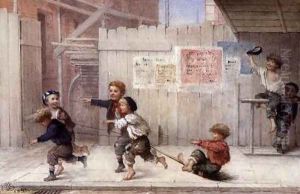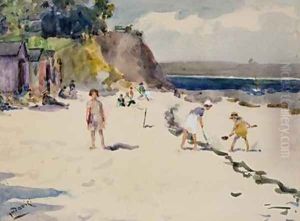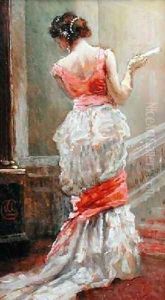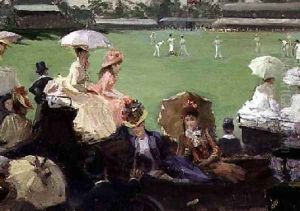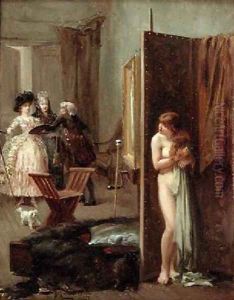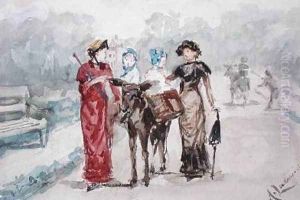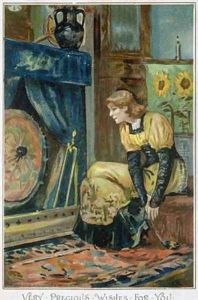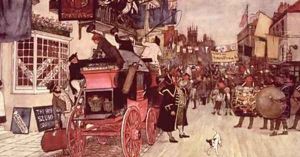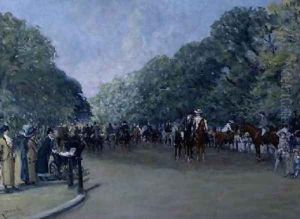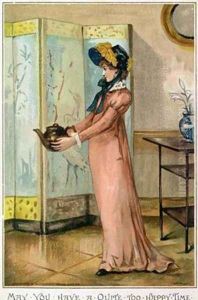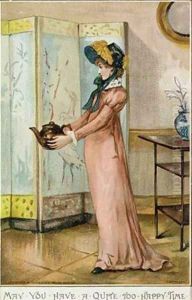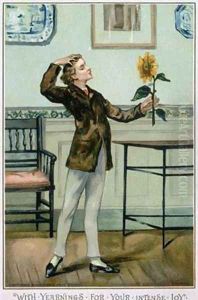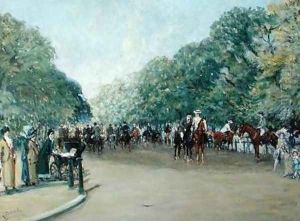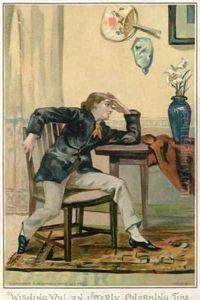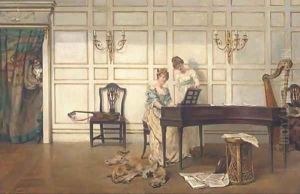Albert Jnr. Ludovici Paintings
Albert Jnr. Ludovici, born in 1852 in London, was an English artist known for his contributions to genre painting, a style that depicted scenes from everyday life with an emphasis on the domestic and social aspects of the Victorian era. Coming from an artistic family, his father, Albert Ludovici Sr., was also a painter, which provided a nurturing environment for his artistic development from a young age.
Albert Jnr. Ludovici's education in art began in England but was significantly enhanced by his travels to France, where he was influenced by the French Impressionists. This exposure is evident in his use of light and color, which reflects the Impressionist fascination with capturing the momentary effects of sunlight and shadow. Despite these influences, Ludovici maintained a distinctly British sensibility in his subject matter, often focusing on the genteel social activities of the English upper middle class.
Throughout his career, Ludovici exhibited his work at prestigious venues, including the Royal Academy in London, which was a testament to his skills and the esteem in which he was held by his contemporaries. His paintings were celebrated for their vibrant portrayal of Victorian and Edwardian society, capturing the nuances of social interaction with a keen observational eye and a gentle sense of humor.
In addition to his genre scenes, Ludovici also painted landscapes and interiors, demonstrating a versatile talent that could capture both the complexity of human relationships and the subtle beauty of the environment. His work provides a valuable window into the social customs and cultural milieu of his time, making him an important figure in the late 19th and early 20th-century British art scene.
Albert Jnr. Ludovici passed away in 1932, leaving behind a legacy of art that continues to be appreciated for its historical value and its artistic merit. His contributions to genre painting have ensured his place in the annals of British art history, remembered as an artist who skillfully blended the influences of French Impressionism with the distinctive character of English life.
